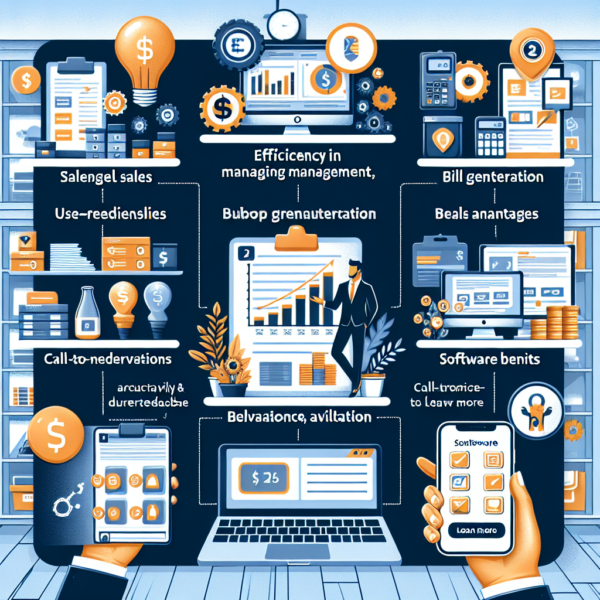Data science is an ever-evolving field that leverages statistical and computational methods to extract insights and knowledge from data. As businesses increasingly rely on data-driven decision-making, the demand for skilled data scientists continues to grow. Developing a “Technicals Mind” is crucial for anyone aspiring to succeed in this dynamic field. This article explores the essential skills required for data science, ensuring you’re well-equipped to thrive in this challenging yet rewarding domain.
1. Programming Proficiency
Python and R
Mastering programming languages like Python and R is fundamental for data scientists. Python is favored for its simplicity and versatility, boasting a vast ecosystem of libraries such as Pandas, NumPy, and Scikit-Learn. R, on the other hand, excels in statistical analysis and visualization, making it a valuable tool for complex data manipulations and graphical representations.
SQL
Structured Query Language (SQL) is essential for managing and querying relational databases. A solid understanding of SQL enables data scientists to efficiently extract and manipulate data from large databases, a common task in data analysis.
2. Statistical Analysis
Descriptive Statistics
Descriptive statistics involve summarizing and interpreting data using measures such as mean, median, mode, variance, and standard deviation. These techniques help in understanding the basic features of a dataset and are the first step in data analysis.
Inferential Statistics
Inferential statistics allow data scientists to make predictions or inferences about a population based on a sample. Understanding concepts like hypothesis testing, confidence intervals, and regression analysis is crucial for making data-driven decisions.
3. Machine Learning
Supervised Learning
Supervised learning involves training models on labeled data to make predictions. Key techniques include linear regression, logistic regression, and support vector machines. Proficiency in these methods is vital for building predictive models.
Unsupervised Learning
Unsupervised learning deals with unlabeled data and includes clustering and association techniques. Understanding algorithms like K-means clustering and Principal Component Analysis (PCA) is essential for identifying patterns and structures in data.
Deep Learning
Deep learning, a subset of machine learning, involves neural networks with many layers. Familiarity with frameworks like TensorFlow and PyTorch is important for building and training deep learning models, which are particularly effective in tasks such as image and speech recognition.
4. Data Wrangling
Data Cleaning
Data cleaning is the process of identifying and correcting errors and inconsistencies in datasets. It is a crucial step in preparing data for analysis, ensuring accuracy, and improving the quality of insights derived from the data.
Data Transformation
Data transformation involves converting data into a suitable format for analysis. This might include normalization, aggregation, and encoding categorical variables. Effective data transformation techniques enable more accurate and efficient analysis.
5. Data Visualization
Tools and Techniques
Data visualization is the art of representing data graphically. Proficiency with tools like Matplotlib, Seaborn, and Tableau allows data scientists to create insightful and interactive visualizations. Understanding how to present data effectively is crucial for communicating findings to stakeholders.
Best Practices
Adhering to best practices in data visualization, such as choosing appropriate chart types, maintaining clarity, and avoiding misleading representations, is essential. Effective visualizations can significantly enhance the understanding and impact of data insights.
6. Big Data Technologies
Hadoop and Spark
Big data technologies like Hadoop and Apache Spark are essential for processing and analyzing large datasets. Hadoop’s distributed storage and processing capabilities, combined with Spark’s in-memory processing, enable efficient handling of vast amounts of data.
NoSQL Databases
NoSQL databases, such as MongoDB and Cassandra, are designed to handle unstructured data. Familiarity with these databases is important for managing diverse data types and ensuring scalability in data-intensive applications.
7. Domain Knowledge
Industry-Specific Insights
Domain knowledge refers to expertise in a particular industry or field. Understanding the specific challenges, data types, and analytical methods relevant to an industry enhances the ability to derive meaningful insights and make informed decisions.
Business Acumen
Developing business acumen involves understanding the strategic goals and operations of an organization. This knowledge enables data scientists to align their analytical efforts with business objectives, ensuring that data-driven solutions add tangible value.
8. Soft Skills
Communication
Effective communication skills are vital for data scientists. The ability to clearly present complex technical concepts and data insights to non-technical stakeholders ensures that findings are understood and acted upon.
Problem-Solving
Strong problem-solving skills are essential for addressing the diverse challenges encountered in data science. This includes the ability to think critically, troubleshoot issues, and develop innovative solutions to complex problems.
Collaboration
Collaboration is crucial in a multidisciplinary field like data science. Working effectively with team members from different backgrounds and areas of expertise enhances the quality of data-driven solutions and fosters a collaborative work environment.
Conclusion
Developing a Technicals Mind is essential for success in data science. This involves mastering a diverse set of skills, ranging from programming and statistical analysis to machine learning and data visualization. Additionally, big data technologies, domain knowledge, and soft skills play a crucial role in a data scientist’s toolkit. By continuously honing these skills, aspiring data scientists can stay ahead in this rapidly evolving field, driving innovation and making impactful contributions to their organizations.













